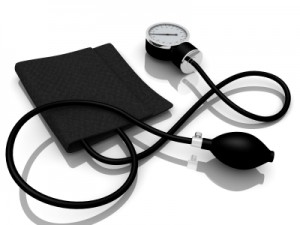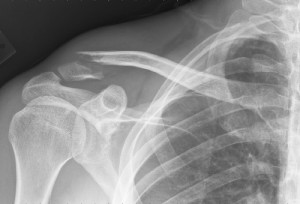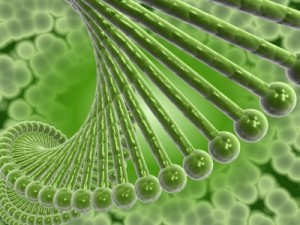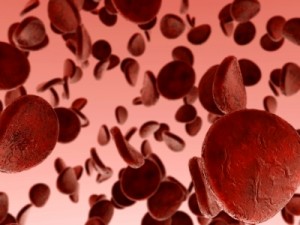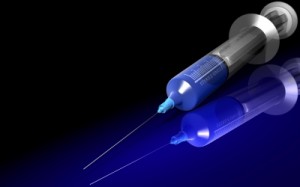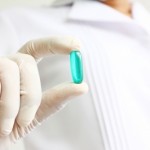Vitamin B12 supplements essential as part of your weight loss program. What are the benefits of vitamin B12 for weight loss? Vitamin B12 boosts metabolism, in addition to providing energy and stabilizing your mood.
The Many Benefits of Vitamin B12…
B12 boosts metabolism
Vitamin B12 contains cobalt; together, the minerals that make up vitamin B12, cobalamin, are essential coenzymes that increase metabolism by converting food to energy in the body. In diagnosing vitamin B12 deficiency, researchers often take into account changes in the metabolic rate, in addition to measuring levels of B12 and homocysteine.
“Elevated methylmalonic acid levels might be a more reliable indicator of vitamin B12 status because they indicate a metabolic change that is highly specific to vitamin B12 deficiency.” – National Institutes of Health
People with high metabolisms tend to lose weight more quickly and efficiently than others who have slower metabolic rates. In order to burn fat at an optimal rate, it is essential to maintain healthy stores of vitamin B12.
B12 boosts energy
If you have symptoms of vitamin B12 deficiency, then you experience symptoms such as tiredness, muscular weakness, decreased motor skills, and lack of energy.
Unfortunately, many people who suffer symptoms of low B12 don’t even know it. Often, comorbid conditions such as clinical depression, anxiety disorder, fibromyalgia, diabetes, Inflammatory Bowel Disease (IBD), or hypothyroidism (low thyroid) mask the signs of vitamin B12 deficiency. So, despite taking treatments such as antidepressants, insulin, thyroid medications, or pain relievers, they continue to feel sad and tired all the time, battling with constant “brain fog” without knowing why.
Increasing your energy level provides mental focus, determination, and emotional wellness, in addition to improving your quality of life. These things together assure weight loss success by enabling you to stick to a workout routine, increase your sports performance and stamina, challenge yourself in the gym, and stay on track.
B12 boosts mood
Common symptoms of vitamin B12 deficiency are depression, chronic fatigue, anxiety, paranoia, and unusually aggressive behavior. When you are in a bad mood, you are more likely to make poor lifestyle choices, such as smoking, drug use, oversleeping, eating fattening, salty or sugary foods, and sedentary activities like television watching and playing video games.
Eating Your Way Out of Depression with B-12
Scientists have proven a high correlation between depression and weight gain. If you feel sluggish, depressed, or more fatigued than usual, then you are statistically less likely to follow an exercise regimen or commit yourself to a new weight loss diet.
Only by taking vitamin B12 supplements can you begin to recover from symptoms of vitamin B12 deficiency and achieve an overall sense of well-being.
Read more about the benefits of vitamin B12:
Balance your B12, Balance your Nerves
Vitamin B12- How much do you need?
Sources:
Dietary Supplement Fact Sheet: Vitamin B12
How Can a B12 Deficiency Affect the Metabolism? Livestrong
What Are the Benefits of Vitamin B12 for Weight Loss? Livestrong
Image credits, from top:





